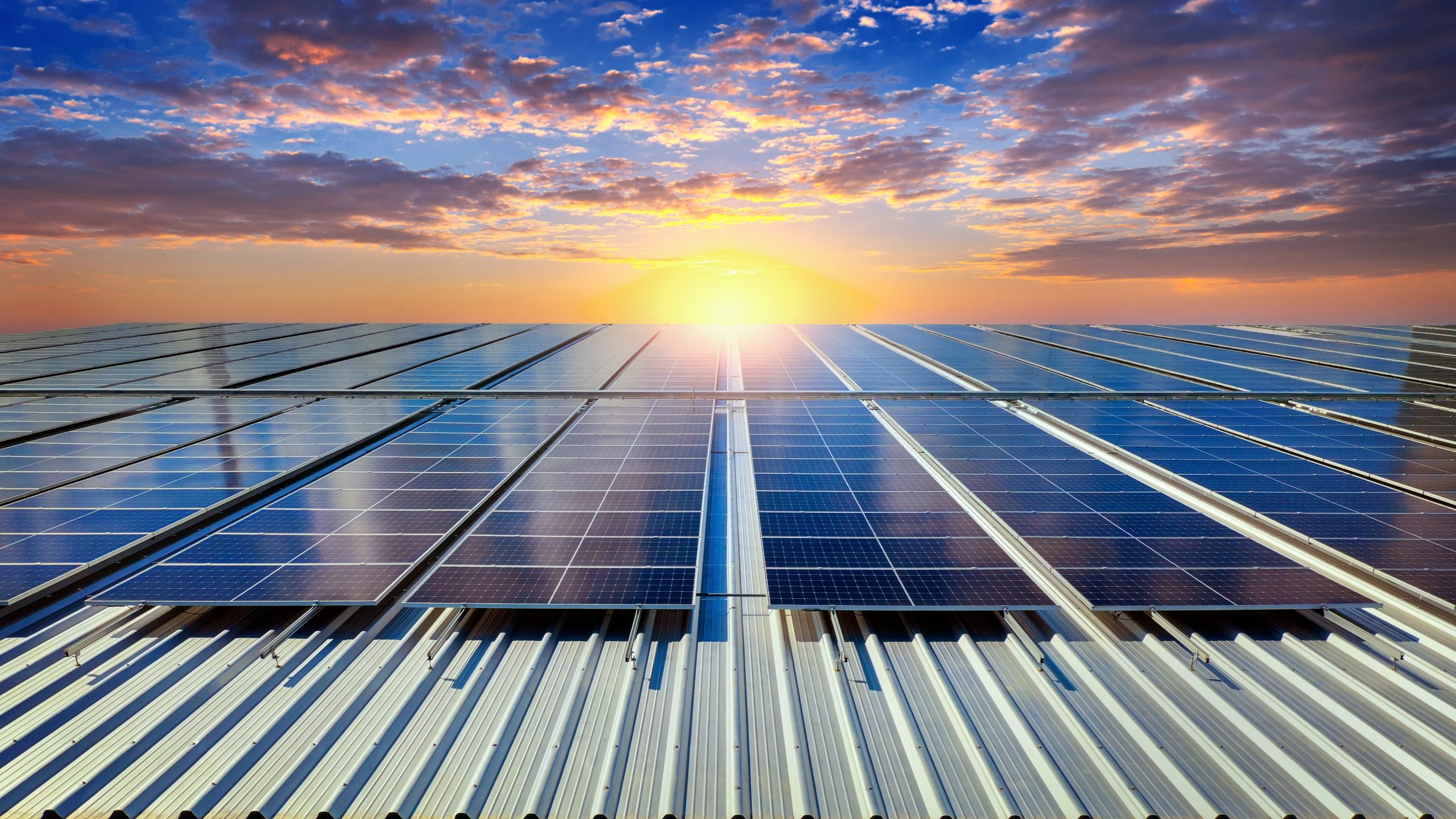On April 21, 2025, the U.S. Department of Commerce finalized new tariffs on solar panels and components imported from Malaysia, Thailand, Cambodia, and Vietnam. The decision stems from findings that certain Chinese companies circumvent existing tariffs using factories in these countries. Here’s what this means for importers and solar developers across the U.S.
The reason? According to the U.S. Commerce Department, some Chinese companies have circumvented existing tariffs by routing products through Southeast Asia. Let’s break down what this means and what importers like you can do about it.
Why Are These Tariffs Happening?
1. Companies Were Avoiding Tariffs
The U.S. had already imposed taxes on Chinese solar panel makers when they sold products to American buyers. To avoid those tariffs, the companies began using factories in Southeast Asia. However, the same Chinese companies own or control many of those factories.
So, the U.S. viewed this as a circumvention of existing trade duties and started an investigation.
2. U.S. Solar Companies Filed a Complaint
Major American solar manufacturers like Hanwha Qcells and First Solar said this hurt their business. They argued that cheap panels from Southeast Asia were driving prices down and making them unable to compete.
3. The Government Investigated and Acted
After looking into it, the U.S. decided to apply new tariffs to imports from those countries, especially companies that didn’t cooperate with the investigation.
How Big Are the New Tariffs?
Here is the breakdown of tariff rates for different countries:
- The U.S. government has imposed a 41.56% tariff rate on Malaysian solar manufacturer Jinko Solar.
- Thai company Trina Solar will have 375.19% as the new tariff rate.
- The U.S. government has imposed a 3,521% tariff rate on Cambodian solar companies.
- Likewise, several Vietnamese manufacturers will face tariffs of up to 46%.
The message is clear: cooperation = lower penalties, while companies that didn’t help the investigation got hit hard.
What This Means for U.S. Importers
These tariffs will likely increase costs if you’re importing solar panels or planning a solar project.
1. Prices Are Going Up
Industry experts say prices may rise by $0.08–$0.12 per watt. A typical commercial project (100 kW) could translate into an additional $8,000–$12,000 in costs per project.
2. Projects Might Get Delayed
Many developers are now rethinking their timelines or budgets. Some customers are holding off because of the new prices.
3. Suppliers Are Shifting Again
To avoid tariffs, some manufacturers are moving operations to countries like Indonesia or Laos, which aren’t yet affected by these new rules.
What Can You Do About It?
Here are five smart steps importers can take to reduce the impact:
1. Double-Check Your Product Codes
If you don’t classify your goods under the correct HTS code (8541.40.6030 for solar cells), you could end up overpaying.
2. Use Duty Deferral Programs
Consider using Foreign-Trade Zones (FTZs) or bonded warehouses to delay paying duties until you’re ready to sell or use the products.
3. Watch for Exemptions
The government may open a window to ask for exemptions. You can apply for relief if your products are unique or not readily available elsewhere.
4. Look at U.S. or Other Suppliers
Panels from the U.S. or countries not hit with tariffs may cost more upfront, but they could save you on duties.
5. Lock in Long-Term Deals
Negotiate pricing terms now—some suppliers may offer fixed rates to support long-term planning during this volatile period.
Key Dates to Watch
- June 2, 2025 – The U.S. International Trade Commission (ITC) will determine whether domestic manufacturers suffered material injury. If not, the tariffs could be canceled.
- June 9, 2025 – If the commission votes “yes,” the tariffs will become permanent.
- Later in 2025, countries like Vietnam and Thailand will likely talk with the U.S. to reduce or adjust the tariffs.
How Clearit USA Can Help
We know these changes are stressful. That’s why we’re here to guide you every step of the way.
- Customs Code Audits: We’ll double-check your product classification.
- Duty Deferral Solutions: We help you use FTZs and bonded warehouses.
- Exemption Petition Support: We assist with paperwork if you’re eligible for tariff relief.
- Sourcing & Supply Chain Advice: We’ll help you find better suppliers or smarter routes.
Need Help Navigating These Changes?
Don’t let new tariffs stall your business.
Clearit USA is here to help you import smarter, save money, and stay compliant.
Talk to a customs expert today!
We’ll help you keep your solar projects moving and your costs controlled.






